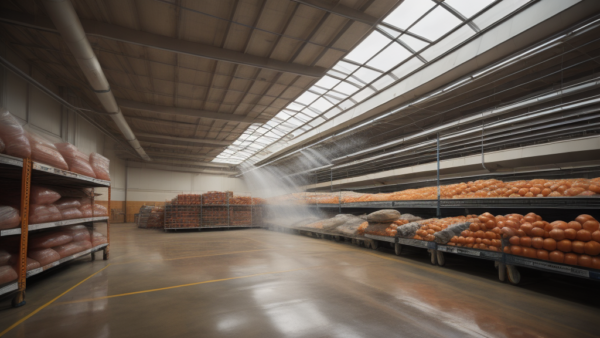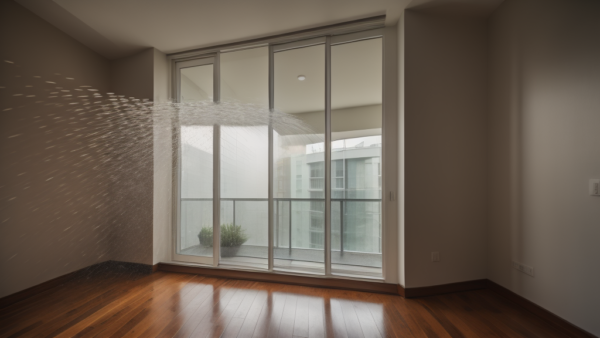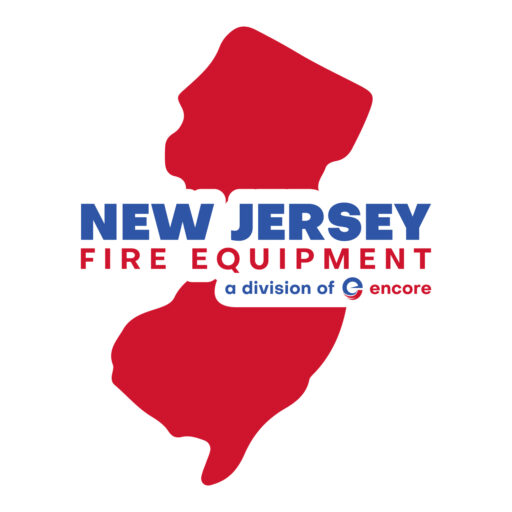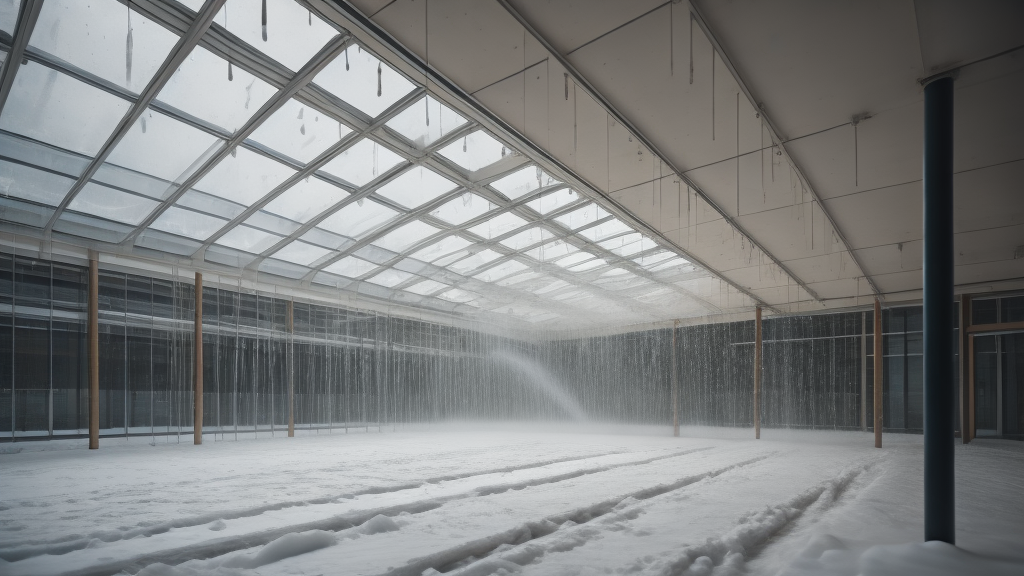With winter now in full swing, it’s crucial to pay special attention to the care of your fire sprinkler system to ensure its reliable performance in case of an emergency. The pipes are the backbone of the system and protecting them from freezing temperatures is paramount. In this blog post, we’ll explore the importance of winterizing your fire sprinkler pipes and provide essential tips for their care during the cold months.
The Significance of Winter Maintenance:
A well-maintained fire sprinkler system is vital for the safety of any building. During winter, the risk of frozen pipes poses a threat to the functionality of the system, potentially compromising its ability to respond effectively to a fire emergency.

Tips for Fire Sprinkler Pipe Care in Winter:
- Insulate Pipes:
- Insulation is your first line of defense against freezing temperatures. Ensure that all exposed pipes, especially those in unheated areas, are properly insulated. Use insulation sleeves or wraps to protect the pipes from extreme cold.
- Seal Gaps and Cracks:
- Examine the building for any gaps or cracks that could allow cold air to reach the pipes. Seal these openings to create a barrier against the winter chill.
- Maintain Adequate Heating:
- Keep the ambient temperature in areas containing fire sprinkler pipes above freezing. This may involve maintaining a consistent heating system in these spaces or using auxiliary heating methods.
- Regularly Check for Leaks:
- Inspect the pipes for any signs of leaks. Even small leaks can lead to ice formation and compromise the integrity of the system. Address leaks promptly to prevent further damage.
- Drain Low Point Drains:
- If your fire sprinkler system includes low point drains, ensure they are drained to remove any residual water. This helps prevent freezing and potential damage to the pipes.
- Monitor Building Temperature:
- Install temperature monitoring systems in key areas to receive alerts if the temperature drops dangerously low. Early detection allows for timely intervention to prevent freezing.
- Schedule Professional Inspections:
- Engage the services of a professional fire sprinkler system inspector to conduct a thorough winterization inspection. They can identify potential issues and provide recommendations for maintenance.

Conclusion:
Winterizing your fire sprinkler system, with a focus on pipe care, is a responsibility that should not be overlooked. By implementing these essential tips, you can safeguard your building and its occupants, ensuring that your fire sprinkler system remains a reliable and effective tool for fire protection, even in the coldest months of the year.
Dan has been around the fire equipment industry almost his whole life. His father, Robert, was the owner of Kamp Fire Equipment in Paterson, NJ and a founder of NJ Fire Equipment in Rockaway, NJ. He learned to use a computer by entering paper invoices into an electronic spreadsheet. Now Dan leads the Marketing efforts for Encore Fire Protection in their East Hanover, NJ location.

